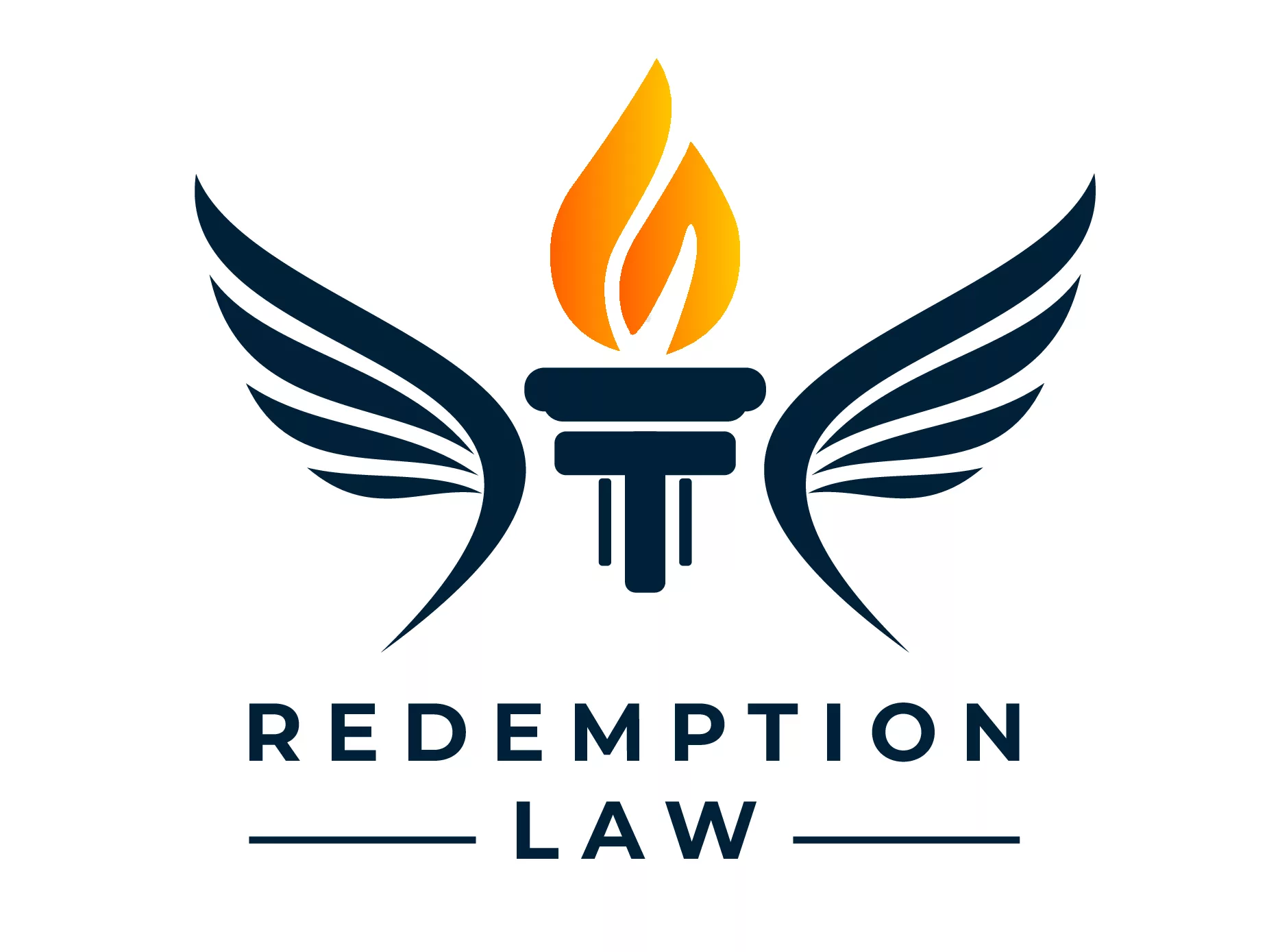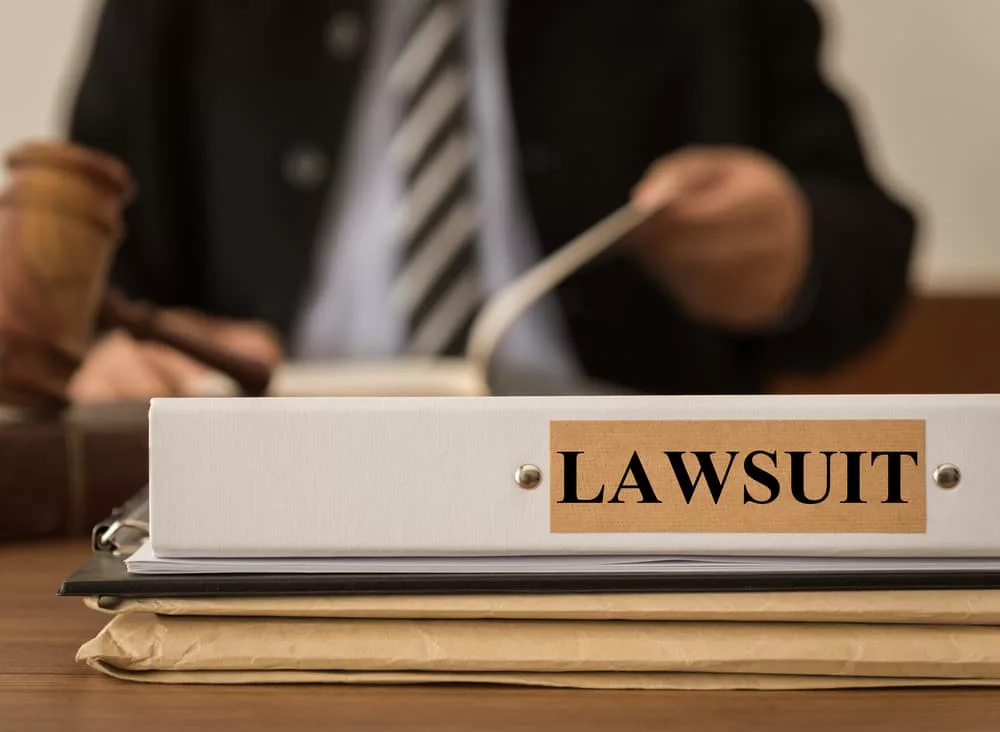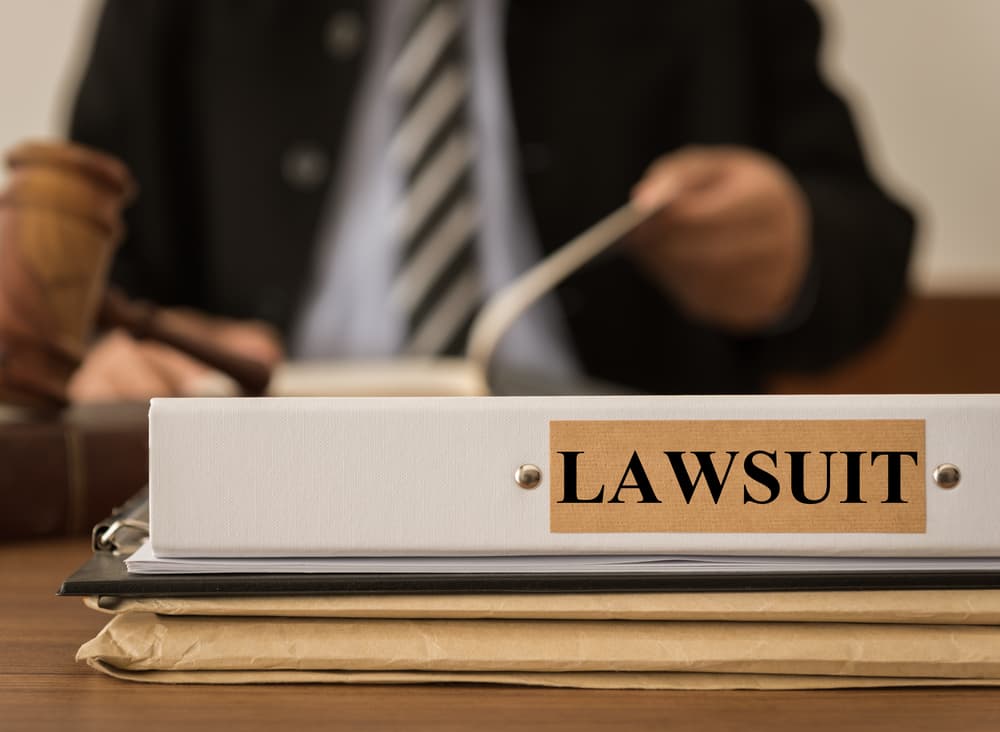Navigating the complex world of personal injury lawsuits can be daunting, particularly if you are unfamiliar with the legal process. One critical stage in this journey is the deposition—a sworn, out-of-court testimony from parties involved in the lawsuit. This legal tool not only plays a pivotal role in shaping the course of the lawsuit but also opens a myriad of possibilities for what transpires next.
If you have completed a deposition in a personal injury lawsuit, you might wonder what happens next. There are a variety of answers to that question that can include other steps in the process, such as settlement discussions, a continuation of the discovery phase, pre-trial motions, hearings, trial preparation, and the trial.
From there, several outcomes can occur, including the appeals process and collection of judgment. This intricate web of legal processes can significantly influence your case, so it is crucial to work with an experienced Miami personal injury attorney to navigate what lies ahead.
Understanding the Deposition Process
Discovery is a part of the personal injury claims process that occurs after the filing of a lawsuit. The purpose of discovery is for each side of a dispute to have access to the information and evidence that the other side will present in court.
As the University of Washington School of Law explains, a deposition is one of the most common methods of discovery. By compelling the parties involved in the dispute and witnesses to provide sworn testimony before the trial, each side is aware of the information the other will present at trial and can determine how to counter it.
The deposition process involves the plaintiff and defendant providing their versions of events under oath to attorneys from both sides. This crucial step allows each party to gather information, clarify points, and lay the groundwork for their case. It is vital to remember that everything you say during a deposition must be truthful and precise, as any inaccuracies or discrepancies can harm your case later.
Post-Deposition: What Happens Next?
After the deposition, several steps follow, the nature of which can vary according to the circumstances of your case. It is common for both parties to enter settlement discussions and negotiations, offering a chance to resolve the case without going to trial. Alternatively, the judge may review the deposition to decide on the case’s direction.
The Discovery Phase
The discovery phase in a personal injury lawsuit is a crucial period where each party collects evidence to support their claims or defenses. The deposition is part of this phase and significantly influences whether each side will continue to gather information, using the testimony the involved parties provided as a guide.
Depending on the information garnered during depositions, your attorney may engage in other types of discovery, including:
- Interrogatories: The American Bar Association explains that an interrogatory is the submission of written questions by one side’s attorney to the other side. The plaintiff or defendant must answer these questions within a specified time.
- Requests for production: Requests for production involve either the plaintiff’s or defendant’s attorney filing a motion that, if granted, requires the other side to produce documents, records, or evidence.
- An independent medical examination (IME): In a personal injury lawsuit, the defendant’s attorney can request that the plaintiff undergoes an IME as part of discovery. According to AssessMed, an IME is a medical exam that a physician who has not provided treatment for the claimant’s injuries performs. The purpose is to have a third-party healthcare provider confirm the extent of the injuries the plaintiff sustained.
Your attorney will explain these additional types of discovery to you. You may also need to prepare for an IME if the at-fault party’s insurer requests one.
Pre-Trial Motions and Hearings
According to the U.S. Department of Justice, pre-trial motions are an application that either the plaintiff’s or the defendant’s attorney makes to the court to request that the court decides a matter before the trial begins. The assigned judge considers the motion and any responses that the opposing attorney files, then announces a decision about it in a pre-trial hearing.
Information from the deposition can significantly influence these proceedings.
Some common types of pretrial motions include:
- Motion for dismissal: A motion for dismissal ends the court process if the involved parties reach a settlement agreement during the pre-trial process. Either side can also file a motion to dismiss if they determine there is insufficient evidence to proceed with the case.
- Motion for summary disposition: Also known as a motion for summary judgment, the American Bar Association notes that this motion requests that the judge immediately decides on the merits of the case before trial, as there are no material facts in dispute.
- Motion for default judgment: If the defendant fails to respond to the initial complaint, the plaintiff can request a default judgment, meaning they have won the case because the defendant refused to participate in the process.
- Motion to limit evidence: Also known as a motion in limine, according to Georgetown University Law Center, this motion is a request for the court to rule on the admissibility of certain evidence in the case. An example of evidence that an attorney would seek to exclude is hearsay, such as a witness who testifies that they heard someone else say that your injuries were not as serious as you portrayed in your claim.
When handling your claim, your personal injury lawyer will determine the types of motions they should file, prepare the information, and submit the filing to the court. It is important to note that your attorney will also prepare responses to motions that the defense files.
Trial Preparation
Preparing for a trial involves developing strategies based on the gathered evidence, including information from the deposition. The deposition can significantly influence the legal strategy, shaping how the attorneys will present the case to the jury or judge.
The defense, for example, may determine through a deposition that the disputed facts of the case fall on the side of the plaintiff, which will likely result in renewed settlement discussions. Or if the plaintiff’s attorney discovers additional information that helps prove the defendant’s liability, they will fight to ensure the evidence is admissible.
The Trial
During the personal injury trial, the deposition is a key piece of evidence. It can help confirm or dispute the parties’ statements, which can sway the trial’s outcome. Potential outcomes may include a judgment in favor of the plaintiff or the exoneration of the defendant.
Most often, however, the discovery phase leads to productive settlement discussions and, ultimately, to a settlement agreement before the judge or jury renders a court verdict. As Black’s Law Dictionary notes, the court decides only 5 percent of personal injury lawsuits.
The reason settlements are so common is that they are a less expensive, less public way to resolve a claim. Each side has an opportunity to have a say in the crafting of the settlement and its specific terms.
Insurance companies have a duty to defend their insured against disputed claims, which means they typically pay for the defendant’s lawyer. If the facts of the case show that the insured was liable and the plaintiff is likely to prevail in court, they will generally attempt to offer a settlement that fairly compensates the claim with the realization that they will likely lose the case and be responsible for paying the claim anyway, as well as the costs of litigation.
One reason an insurance company might refuse to pay for their insured’s defense is if the insured does not have liability coverage on their policy. An experienced personal injury lawyer will determine during the initial claims process what the at-fault party’s insurance coverage is, and this determination will inform the decision on whether to proceed with a lawsuit or seek another resource for compensation.
Post-Trial: Appeals and Collection of Judgement
While settlement agreements, once the court accepts them, signal a resolution to the claim, the conclusion of the trial does not carry the same finality. Even after a verdict, the journey may not be over. Parties may appeal to a higher court if they believe legal mistakes occurred.
The deposition can influence an appeal, as it may contain evidence of such errors. If the court decides the case in favor of the defendant, your attorney can appeal the verdict, even though this essentially means starting from square one to prove the claim. The defense may appeal too, particularly in cases where the court ordered punitive damages.
Punitive damages involve compensation that the court orders not to compensate a victim for the expenses and psychological consequences of their injury but as a form of financial punishment for the reckless behavior of the defendant that resulted in the injury.
The claimant does not have an exclusive right to seek punitive damages, and the amount of damages is up to the judge or jury. These damages often inflate the cost of the claim, and the defense will seek to reduce these costs by filing an appeal. If this happens, your attorney will seek evidence to convince the appellate court that the initial court was correct in its findings that led to the award.
If the verdict is in your favor, collecting the judgment becomes the final step in this legal voyage. Because most personal injury lawyers work on a contingent fee basis, they do not receive payment for the work they have done on your case until the compensation of your claim.
Your attorney will receive the compensation, and they will place the amount in a trust to have an accurate accounting of it. From that trust, they will withdraw the percentage of the award that you owe them as payment. This percentage was in the terms of the contingent fee agreement that you and your attorney signed when they began handling your claim.
It is not unusual for there to be medical liens on the award. Medical liens are a legal assertion of money you owe to healthcare providers or insurers. Because the litigation process often takes time after an accident, many providers will agree to treat your injuries and, like your attorney, wait until the resolution of the claim to collect payment. Your attorney will work to settle those liens on your behalf from your compensatory award.
After taking care of these details, your attorney will meet with you to sign documents that finalize your case. They will give you an accounting of the total award, the cost of your attorney fees, and the satisfaction of your medical liens. They will then provide you with the remainder of your compensation.
It can take several weeks for the insurance company to process the payment on the claim and for your attorney to receive your compensation. Your attorney will provide more detailed guidance on how they will handle the receipt and disposition of your award.
The Deposition Is One Part of the Journey to Receiving the Compensation You Need

Depositions can produce anxiety, as they require you to answer questions from the defendant’s attorney that can affect the course of your claim. A deposition plays a critical role in a personal injury lawsuit, as it informs each step and decision that comes after it—whether that be settlement discussions, trial preparation, or appeals.
Your attorney’s job entails not only handling the legal filings in your case and negotiating on your behalf but also preparing you for each step so you understand your claim’s value. They will also advise you on deciding on settlement offers, filing a lawsuit, or appealing a court decision. With a skilled Miami personal injury lawyer handling your claim, you can focus on your physical recovery while your legal team focuses on your financial one.
Related articles
Related articles Related articles Related articles Related articles Related articles Related articles Related articles Related articles Related articles Related articles
Personal Injury
02 Feb 2024
How Long After An Accident Can You Claim Injury?






